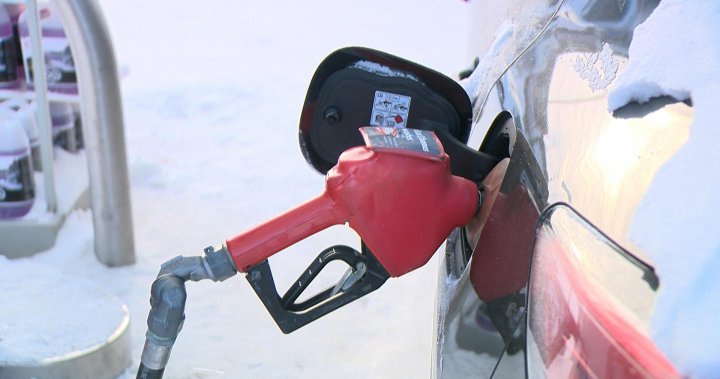
Carbon taxes are meant to boost gas prices. Why aren’t governments cheering hikes at the pump?
Global News
Carbon taxes are intended to make fossil fuels more expensive to use. The market has achieved that, yet governments are falling over themselves to offer price relief. Why?
On April 22, 2022, the world marked the 52nd Earth Day at a time when global crises such as the conflict in Ukraine and COVID-19 continue to dominate public discussion.
Nonetheless, concern over Issues such as climate change persists. An Ipsos global poll in 31 countries found climate change is not the top concern for the public currently, but more than half worry about it regularly.
Nearly two-thirds of Canadians — 63 per cent — say that if Canada’s government does not act now to combat climate change, it will be failing Canadians. And only three in 10 Canadians (30 per cent) agree the government has a clear plan in place for how government, businesses, and individuals are going to work together to tackle climate change.
Perhaps for that reason, the federal government under Prime Minister Justin Trudeau remains focused on climate action. Three years ago, in April 2019, the federal government imposed a national minimum price on carbon pollution (colloquially known as a carbon tax) initially set at $20 per tonne, which effectively put a price on carbon across Canada.
This meant consumers in provinces without a carbon pricing model of their own were faced with an increase on the cost of things like gasoline and home energy. Other provinces with an equivalent regime, such as British Columbia or Quebec, were exempt, reflecting the provinces’ flexibility to implement a system that made sense for their own markets.
On April 1, 2022, the carbon tax increased to $50 per tonne (it will eventually rise to $130 per tonne by 2030). At the same time, the cost of oil was reaching levels not seen in close to a decade.
Ipsos polling suggests Canadians are divided on their support for a carbon tax and according to an August 2021 Ipsos poll for Global News, three quarters (74 per cent) of Canadians agreed that they would be more supportive of a carbon tax if they knew the money collected was going directly to initiatives to combat climate change.
In fact, about 90 per cent of the money collected by the carbon tax is directly returned to Canadians who paid it. In March 2022, the government announced that the rebate will come in the form of a periodic cheque or direct deposit from the federal government.











